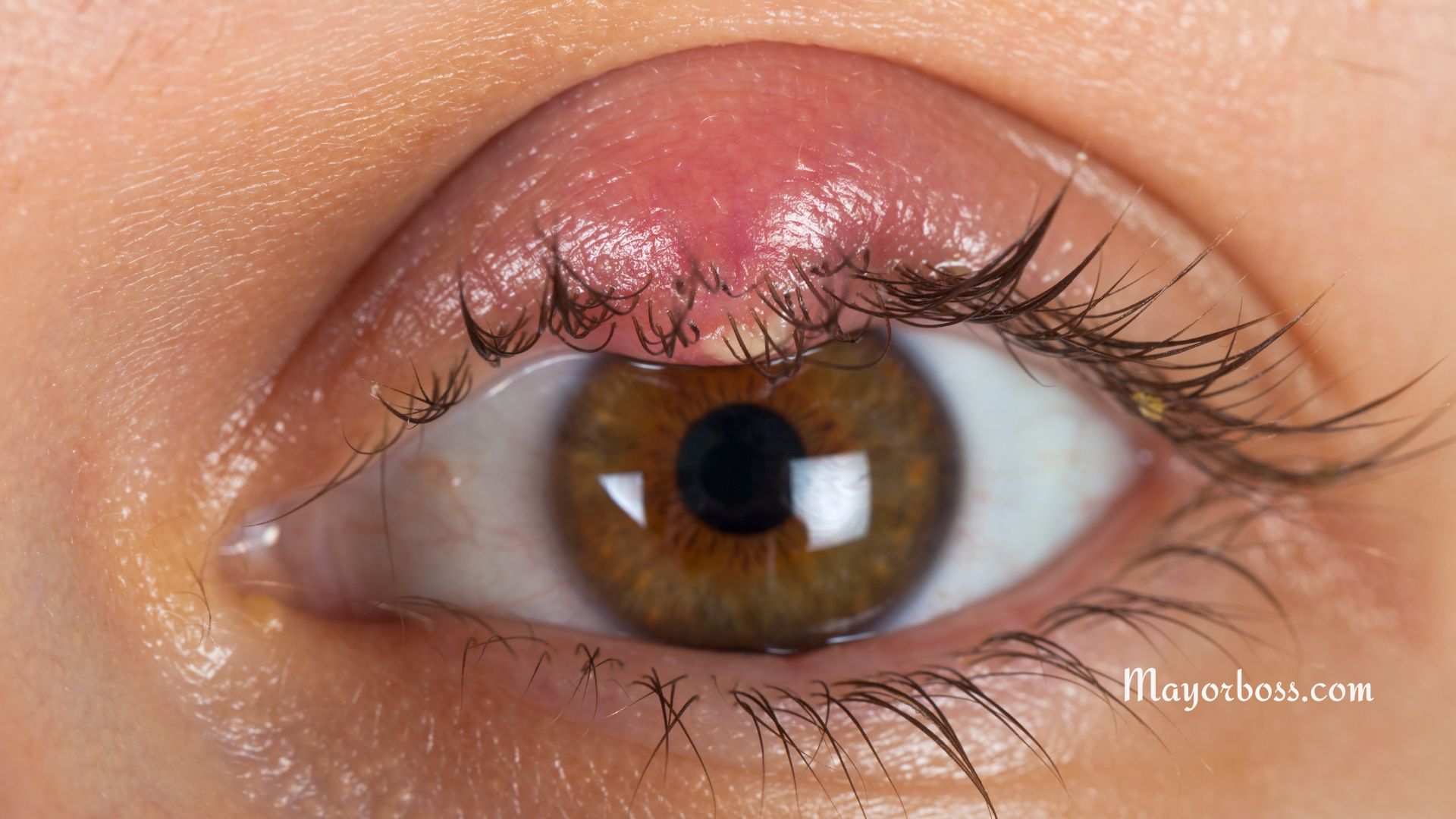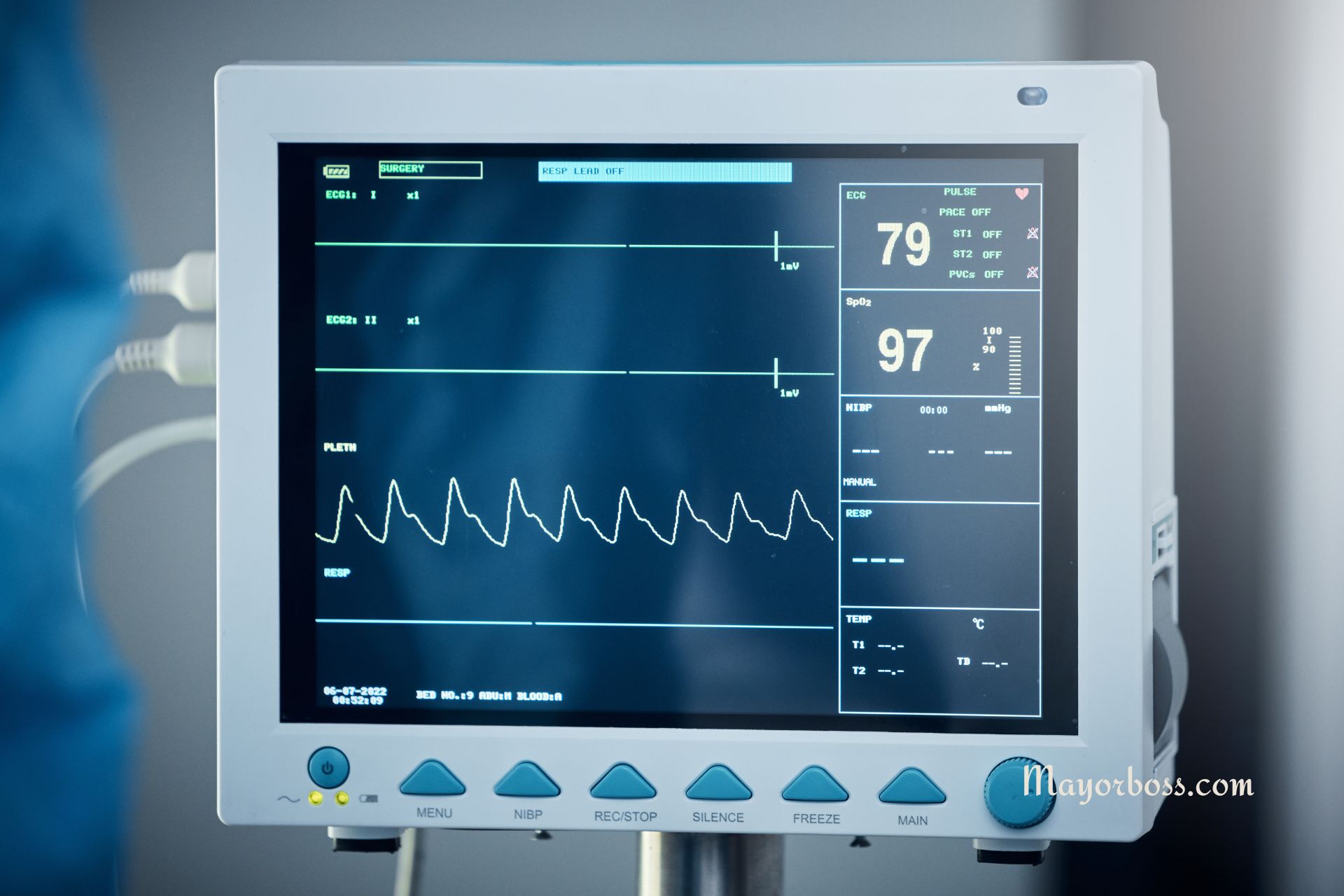Why Am I Getting My Period Every 2 Weeks? Here’s Why!
Getting your period every two weeks, rather than the typical 21-35-day cycle, can be concerning and uncomfortable. This phenomenon, known as polymenorrhea, can be caused by a variety of factors. This article offers several explanations of possible reasons for getting your period every two weeks, along with advice on when to seek help from a healthcare professional.

Possible Causes of Frequent Periods
There are several possible causes for getting your period every two weeks. Some common causes include:
- Hormonal Imbalances: Fluctuations in estrogen and progesterone can disrupt your menstrual cycle, leading to more frequent periods. Hormonal fluctuations during perimenopause, puberty, and pregnancy may cause irregular periods. Conditions like polycystic ovary syndrome (PCOS), thyroid disorders, or even the onset of menopause can contribute to hormonal imbalances.
- Contraceptive Use: Starting, changing, or stopping birth control methods, especially hormonal ones like the pill, patch, or intrauterine device (IUD), can affect your menstrual cycle frequency.
- Stress: High-stress levels can impact your hormones, changing your menstrual cycle frequency and regularity.
- Uterine Abnormalities: Conditions such as fibroids, polyps, or adenomyosis can cause heavier and more frequent bleeding.
- Infections: Pelvic inflammatory disease (PID) or other infections can lead to irregular bleeding.
- Weight Fluctuations: Significant weight loss or gain can disrupt your cycle and cause hormonal imbalances, leading to more frequent periods.
- Excessive Exercise: High-intensity workouts can lead to hormonal imbalances that disrupt your menstrual cycle.
When to Seek Medical Attention
You should consult with a healthcare professional if:
- Your periods suddenly become more frequent without any apparent reason.
- You experience heavy bleeding or passing large blood clots.
- You have any symptoms of infection, such as fever or pelvic pain.
- The change in your menstrual cycle is accompanied by other concerning symptoms, like unexplained weight changes, excessive hair growth, or fatigue.
Steps to Take Before Your Appointment
- Track Your Cycles: Keep a detailed record of your menstrual cycles, including the start and end dates of your periods, the flow’s heaviness, and any associated symptoms.
- List Any Other Symptoms: Note any other changes in your health, even if they seem unrelated to your menstrual cycle.
- Review Your Family History: Be aware of any family history of reproductive health issues, as some conditions can be hereditary.
Diagnosis and Treatment
A healthcare provider may conduct various tests to determine the cause of your frequent periods, including blood tests to check hormone levels, pelvic exams, ultrasounds, or even a biopsy in some cases. Treatment will depend on the underlying cause and may include hormonal therapies, medications to regulate menstrual cycles, or surgery for physical abnormalities like fibroids or polyps.
Preventive Measures and Lifestyle Changes
While some causes of frequent periods cannot be prevented, maintaining a healthy lifestyle can help regulate your menstrual cycle. Consider:
- Managing stress through relaxation techniques, exercise, or counseling.
- Maintaining a balanced diet to support hormonal balance.
- Exercising regularly but not excessively.
- Following your healthcare provider’s advice regarding the management of chronic conditions like PCOS or thyroid disorders.
Frequently Asked Questions
1. Can stress cause my periods to come more frequently?
Yes, stress can impact your hormonal balance, leading to changes in your menstrual cycle, including more frequent periods.
2. Is it normal to have a period every two weeks during puberty or after giving birth?
During puberty and postpartum, it’s common for menstrual cycles to be irregular. However, consistently having periods every two weeks is unusual and should be discussed with a healthcare provider.
3. Can diet and exercise affect how often I get my period?
Absolutely. Extreme dieting, sudden weight changes, or intense exercise routines can lead to hormonal imbalances that might disrupt your menstrual cycle.
Conclusion
Experiencing your period every two weeks can be a sign that something is out of balance within your body. It’s not typically something to ignore, as it can impact your physical and emotional well-being. A healthcare provider can offer the best guidance on addressing this issue, helping you return to a more regular menstrual cycle and improving your overall health.






